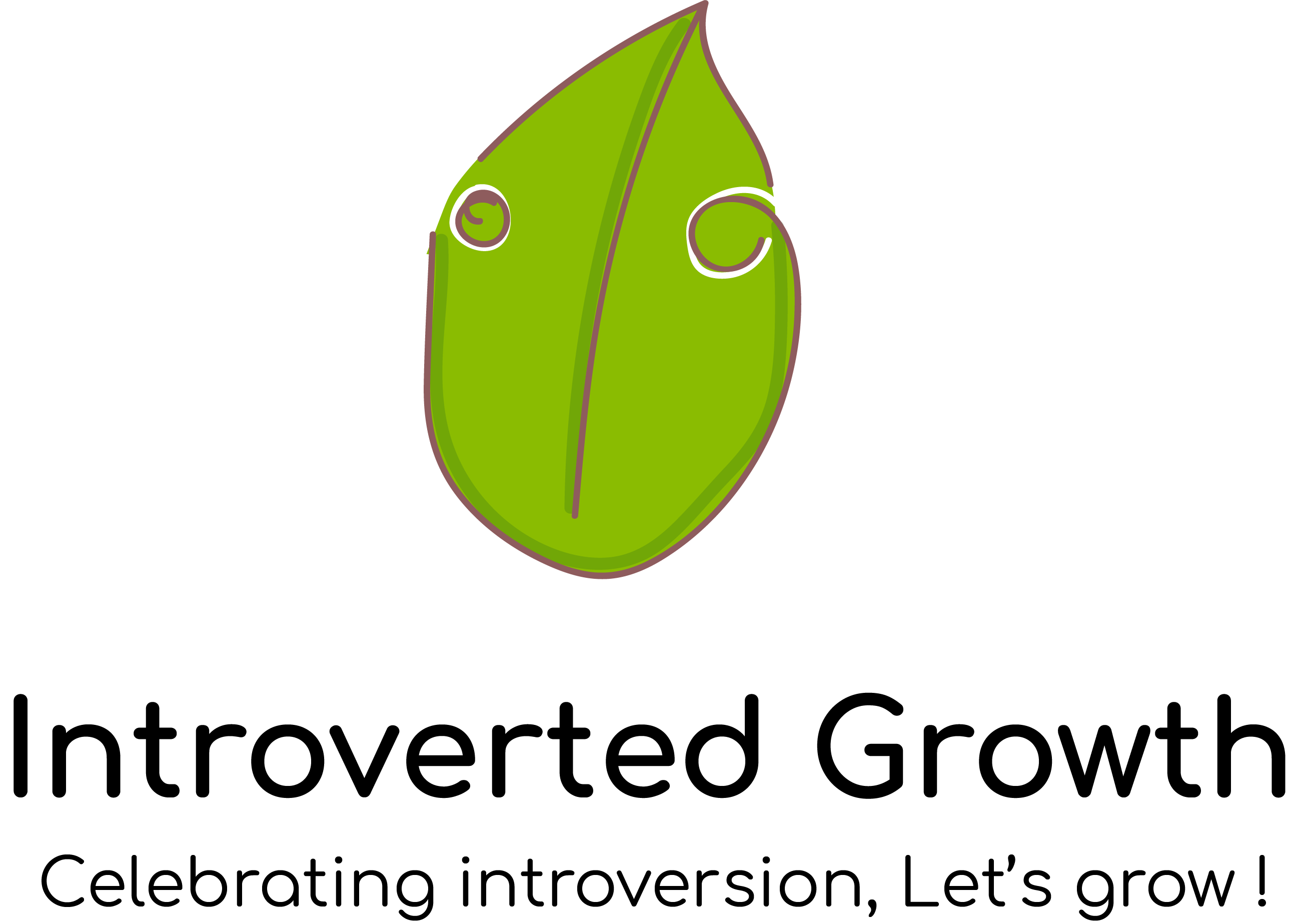As an INTP, you have probably heard all sorts of stereotypes about your personality type. Some of them may be flattering, but most of them are probably not very accurate or related to this type. In today’s article, we will be discussing 9 of the most common stereotypes about INTPs and why they are misleading. So if you are an INTP who’s tired of being misunderstood, keep reading!
8 INTP Stereotypes that are Totally Misleading
1. INTPs are cold-hearted
One of the most common stereotypes about INTPs is that they’re cold-hearted and unemotional. This is not entirely accurate, as INTPs do experience emotions, they just don’t express them very easily.
Because they use Ti as their dominant function, INTPs tend to rely on logic and reason when making decisions. they don’t let their emotions get in the way of their judgment and they can be a bit forward with their outspoken opinions.
This can sometimes make them seem unemotional or uncaring. However, once you get to know an INTP, you’ll find out that this is just their nature and they’re not intentionally being mean or uncaring.
2. INTPs are Socially Awkward
Another common stereotype about INTPs is that they’re socially awkward and don’t know how to interact with people.
INTPs are actually quite curious about people and they enjoy learning about their quirks and differences. However, they don’t always know how to express this interest in a way that is socially acceptable. plus they hate small talk the most among all introverted types.
They also have a tendency to be quite blunt and honest, which can sometimes be seen as rude. As a result, INTPs can often come across as socially awkward when they’re really just trying to learn about you.
This stereotype is not totally inaccurate but I listed it because it’s not related to this personality type rather it’s about personal social preferences and not all INTPs struggle in social settings.
3. INTPs are Nerdy Bookworms
Many people view INTPs as nerdy bookworms who spend all their time reading and studying. While it is true that INTPs enjoy reading and learning, and they’re considered among the most intelligent personality types, they are not just limited to books.
The picture people draw in their heads when they read about INTPs is that they’re these nerdy people with big glasses and a stack of books on their hands all the time when this is actually far from true. INTPs are just as likely to be interested in sports and arts as they are in books.
4. INTPs are Loners
INTPs are often stereotyped as being loners who don’t like to be around people, when in fact they’re introverted and not asocial people.
They need time alone to recharge but after that, they’re more than happy to socialize and have a conversation. They just don’t like small talk or being in large groups for extended periods of time.
5. INTPs are unorganized and messy
INTPs are often stereotyped as being unorganized and messy. So to be frank my INTP friend is the human equivalent of a tornado- I.E unorganized and leaving messes everywhere she goes.
But just like the socially awkward stereotype, being messy is not a defining trait of INTPs. In fact, many INTPs are quite tidy despite appearing laid back. The stereotype of being unorganized and messy probably comes from the fact that INTPs are not very detail-oriented and they often have a laissez-faire attitude about things.
6. INTPs don’t care about their appearance
While INTPs may not care about fashion and might not be as concerned with their looks as other types, they still do care about their appearance to some degree. They just have a different way of expressing it.
7. All INTPs are Gamers
Not all INTPs are gamers and in fact, the majority of them probably aren’t. Gamers just tend to be loud on the internet.
My INTP messy friend is actually computer illiterate and so is her INTP husband.
I think young INTPs prefer watching anime and playing games when they’re not thinking about philosophy and how life works. But to imagine all INTP sitting in a dark room with headphones on playing games all day is inaccurate.
8. INTPs can’t make it as creative artists
Some people believe that because INTPs are analytical and not very emotional, they can’t make it as creative artists. This is simply not true.
Many great artists, musicians, and writers were INTPs. So just because someone is an INTP doesn’t mean they can’t be creative.
FAQs
What are INTPs Known For?
INTPs are known for their quiet intelligence, technical creativity, and analytical thinking. They’re considered to be one of the most intelligent personality types and are often referred to as nerds or bookworms. While it is true that INTPs enjoy reading and learning, they are not just limited to reading books.
What is the INTP stereotype?
The INTP stereotype is that they are cold-hearted, socially awkward, nerdy bookworms who are loners and unorganized and messy. While some INTPs may fit this description, it is not entirely accurate. INTPs are just as likely to be interested in sports and the arts as they are in books. They also care about their appearance to some degree, even if they don’t express it in the same way as other types.
Why are INTPs so mean?
INTPs aren’t mean, they’re just brutally honest. They don’t sugarcoat things and they say what’s on their mind, which can sometimes come across as being mean. But this is not a defining trait of INTPs. Many INTPs are actually quite kind and compassionate.
Can INTPs be loud?
Yes, they can. Even though INTPs are introverted quiet individuals most of the time, they can be quite loud when they’re passionate about something or when they’re around people they feel comfortable with. So the stereotype that all INTPs are shy loners is not entirely accurate.
Why are INTPs considered weird?
INTPs are considered weird because they are a very rare personality type. They make up only 3% of the population, so they are not as common as other types. And since they are not as common, people often don’t understand them and view them as being strange. A lot of INTPs report that people tell them that they never met people like them.
CONCLUSION
Personality type traits are just the backbone of your whole personality. How much you relate to your personality type’s defining traits is up to you.
Your personal experiences, exposure, and motivation will direct the person you become. So don’t feel limited by these defining traits or stereotypes
I really hope you found this article helpful! If you did and you want to support our mission to create awareness for personality types, consider sharing this article with your friends and leave us some feedback!
And if you’re interested in knowing more about INTPs check out my other articles about this personality type.






